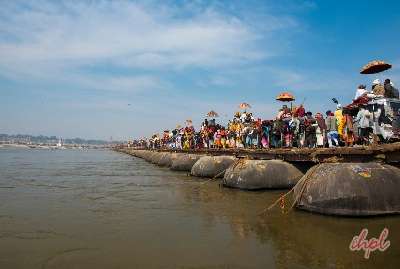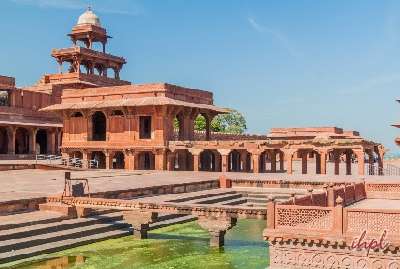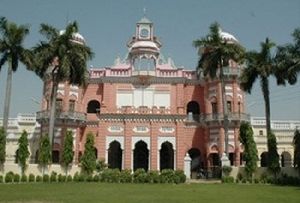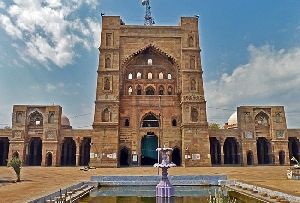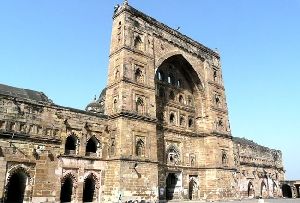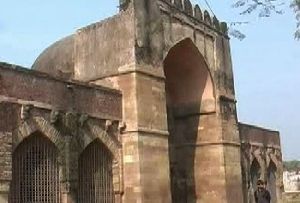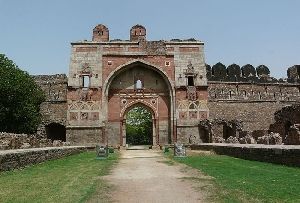The picturesque and historical city of Jaunpur is situated on the northwest side of Varanasi. The History of Jaunpur has a significant value and has a historical importance to it. History of Jaunpur dates back to 1388, during which period the Sultan of Delhi, Feroz Shah Tughlaq appointed a eunuch in the name of Malik Sarwar as the governor of the region. After a few years the Delhi Sultanate was weakened by the 1398 sacking of Delhi by Timur and Malik Sarwar. At this time Malik Sarwar and Timur declared independence. After this Malik Sarwar and his son founded the Sharqi dynasty. The Jaunpur Sultanate was a very strong military power in northern India during the Sharqi period. The Jaunpur Sultanate had threatened the Delhi Sultanate on several occasions.
The History of Jaunpur states that initially Jaunpur was a major center of Sufi and Urdu knowledge and culture. As years passed by, Jaunpur slowly and steadily flourished and prospered as an important cultural center. In the year 1480 Jaunpur’s independence came to an end when the Sultan of Delhi named Sikander Lodi conquered the city. After a lot of attempts by the Sharqi kings for several to retake and recapture the city, they ultimately failed.
Although the picturesque and beautiful Jaunpur Kingdom did not last for too many years yet it has left its mark. It has specially left its mark in the realms and areas of music and culture. During that period a lot of great and beautiful buildings were constructed.
According to Jaunpur History there are several important mosques that still remain even after the Sharqi monuments were destroyed when the Lodis took over the city. The Jama Masjid, Atala Masjid and the Lal Darwaza Masjid are the important ones that still remain. The Jaunpur mosques display and portray a unique architectural style. This architectural style combines both the traditional Hindu and Muslim motifs with original elements. There is a beautiful old bridge over the Gomti River that dates back to the year 1564 A.D.
Check out Uttar Pradesh Tour Packages, Varanasi Tour Packages, Vrindavan Tour Packages




